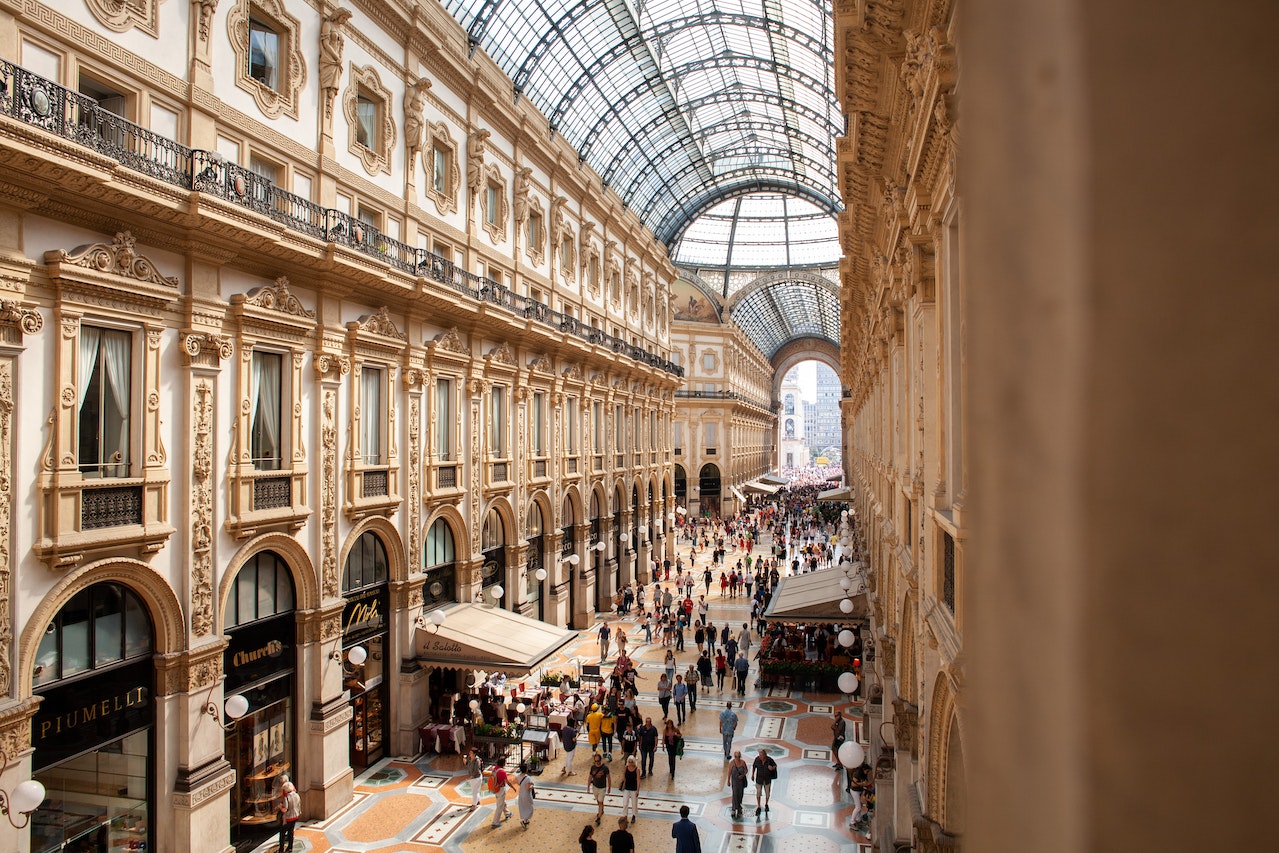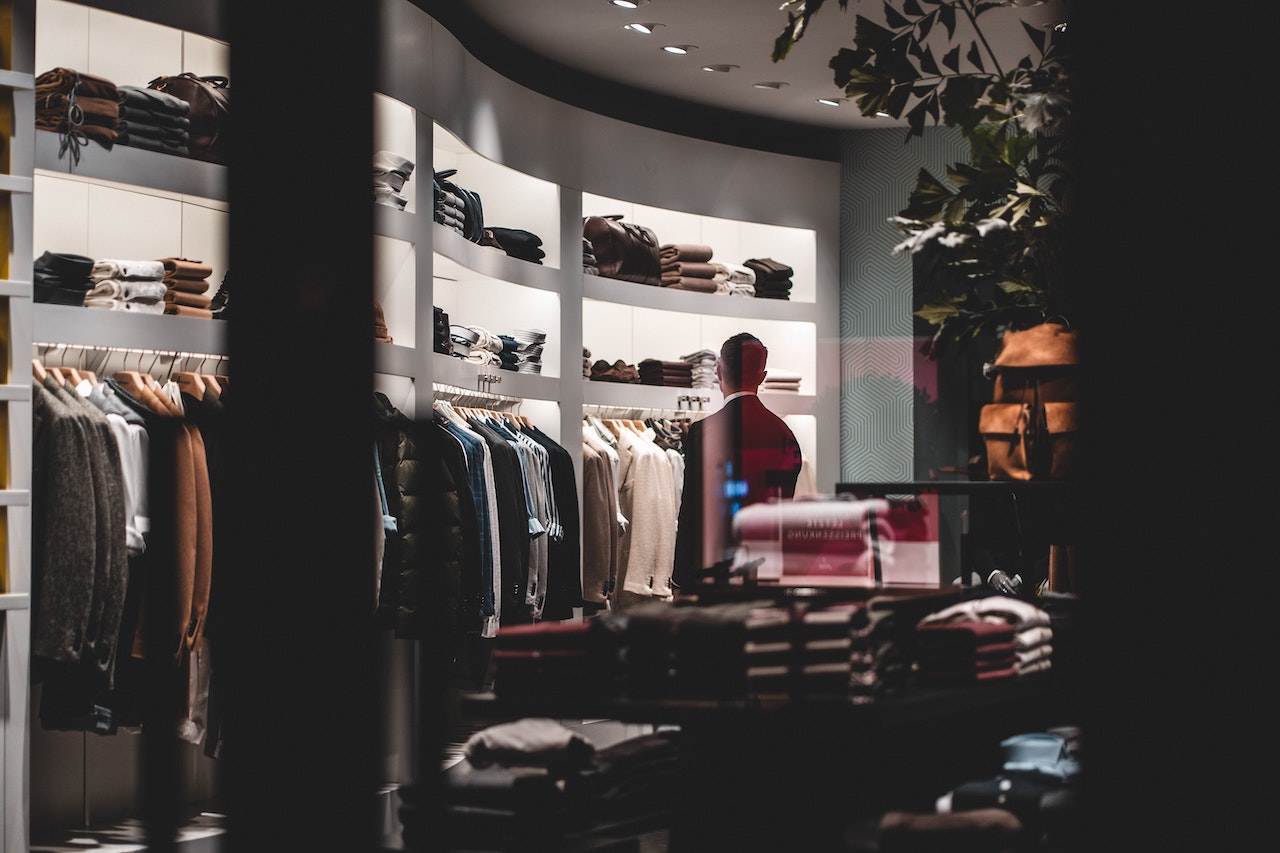Luxury Shopping: Exploring the World of High-End Retail
Luxury Shopping: Exploring the World of High-End Retail

If you're someone who loves luxury goods, then you're no stranger to the world of high-end retail. Luxury shopping is an experience that's entirely different from traditional shopping. From the elegant and luxurious store design to the impeccable customer service, luxury shopping is an indulgent and exclusive experience. But what makes luxury shopping so unique, and what sets it apart from regular shopping? In this article, we'll explore the world of high-end retail and everything you need to know about luxury shopping.
The History of Luxury Shopping
Luxury shopping is not a new concept. It has been around for centuries. In ancient Rome, the wealthy would shop in markets where goods were sold at a premium price, similar to the way luxury goods are sold today. During the Renaissance, luxury goods became a symbol of wealth and power, and the demand for high-end products increased. It wasn't until the 19th century that the concept of luxury shopping, as we know it today, began to take shape. The first luxury department store, Le Bon Marché, opened in Paris in 1852, and since then, luxury shopping has evolved into a global industry worth billions of dollars.
If you're someone who loves luxury goods, then you're no stranger to the world of high-end retail. Luxury shopping is an experience that's entirely different from traditional shopping. From the elegant and luxurious store design to the impeccable customer service, luxury shopping is an indulgent and exclusive experience. But what makes luxury shopping so unique, and what sets it apart from regular shopping? In this article, we'll explore the world of high-end retail and everything you need to know about luxury shopping.
The History of Luxury Shopping
Luxury shopping is not a new concept. It has been around for centuries. In ancient Rome, the wealthy would shop in markets where goods were sold at a premium price, similar to the way luxury goods are sold today. During the Renaissance, luxury goods became a symbol of wealth and power, and the demand for high-end products increased. It wasn't until the 19th century that the concept of luxury shopping, as we know it today, began to take shape. The first luxury department store, Le Bon Marché, opened in Paris in 1852, and since then, luxury shopping has evolved into a global industry worth billions of dollars.
The Luxury Shopping Experience
Luxury shopping is all about the experience. From the moment you walk into a luxury store, you're transported into a world of opulence and extravagance. The stores are designed to be visually stunning, with beautiful architecture, exquisite lighting, and luxurious furnishings. The staff are impeccably dressed, and their knowledge of the products is unparalleled. The entire experience is designed to make you feel special and pampered.
But it's not just about the aesthetics. Luxury shopping is also about exclusivity. Luxury brands are known for their limited edition products, which are only available in select stores and for a limited time. This exclusivity adds to the allure of luxury shopping and makes owning a luxury product feel like a status symbol.
The Psychology of Luxury Shopping
Luxury shopping is not just about the products; it's also about the emotions that come with them. Luxury goods are often associated with success, wealth, and status, and owning them can make people feel more confident and powerful. For many people, luxury shopping is an emotional experience that provides a sense of accomplishment and satisfaction.
Luxury brands are well aware of the emotional appeal of their products, and they use it to their advantage in their marketing and advertising. Luxury brands often market their products as an investment, suggesting that owning a luxury product is a smart financial decision. They also use celebrity endorsements and high-profile events to create a sense of exclusivity and desirability around their products.
The Luxury Shopping Experience
Luxury shopping is all about the experience. From the moment you walk into a luxury store, you're transported into a world of opulence and extravagance. The stores are designed to be visually stunning, with beautiful architecture, exquisite lighting, and luxurious furnishings. The staff are impeccably dressed, and their knowledge of the products is unparalleled. The entire experience is designed to make you feel special and pampered.
But it's not just about the aesthetics. Luxury shopping is also about exclusivity. Luxury brands are known for their limited edition products, which are only available in select stores and for a limited time. This exclusivity adds to the allure of luxury shopping and makes owning a luxury product feel like a status symbol.
The Psychology of Luxury Shopping
Luxury shopping is not just about the products; it's also about the emotions that come with them. Luxury goods are often associated with success, wealth, and status, and owning them can make people feel more confident and powerful. For many people, luxury shopping is an emotional experience that provides a sense of accomplishment and satisfaction.
Luxury brands are well aware of the emotional appeal of their products, and they use it to their advantage in their marketing and advertising. Luxury brands often market their products as an investment, suggesting that owning a luxury product is a smart financial decision. They also use celebrity endorsements and high-profile events to create a sense of exclusivity and desirability around their products.
The Future of Luxury Shopping
The world of luxury shopping is constantly evolving. With the rise of e-commerce and social media, luxury brands are exploring new ways to connect with customers and provide an exclusive shopping experience. Virtual reality shopping, online personal shopping, and augmented reality try-on features are just a few examples of how luxury brands are embracing technology to enhance the luxury shopping experience.
Another trend in luxury shopping is the focus on sustainability and ethical production. Consumers are becoming increasingly conscious of the environmental impact of their purchases, and luxury brands are responding by prioritizing sustainable and ethical practices. From using eco-friendly materials to implementing fair labor practices, luxury brands are working to create a more sustainable and ethical industry.
The Future of Luxury Shopping
The world of luxury shopping is constantly evolving. With the rise of e-commerce and social media, luxury brands are exploring new ways to connect with customers and provide an exclusive shopping experience. Virtual reality shopping, online personal shopping, and augmented reality try-on features are just a few examples of how luxury brands are embracing technology to enhance the luxury shopping experience.
Another trend in luxury shopping is the focus on sustainability and ethical production. Consumers are becoming increasingly conscious of the environmental impact of their purchases, and luxury brands are responding by prioritizing sustainable and ethical practices. From using eco-friendly materials to implementing fair labor practices, luxury brands are working to create a more sustainable and ethical industry.

Conclusion
Luxury shopping is an experience like no other. From the luxurious store design to the exclusive products, luxury shopping is an indulgent and emotional experience. But luxury shopping is not just about the products; it's also about the emotions that come with them. Owning a luxury product can provide a sense of accomplishment and confidence that is difficult to find elsewhere.
Conclusion
Luxury shopping is an experience like no other. From the luxurious store design to the exclusive products, luxury shopping is an indulgent and emotional experience. But luxury shopping is not just about the products; it's also about the emotions that come with them. Owning a luxury product can provide a sense of accomplishment and confidence that is difficult to find elsewhere.












